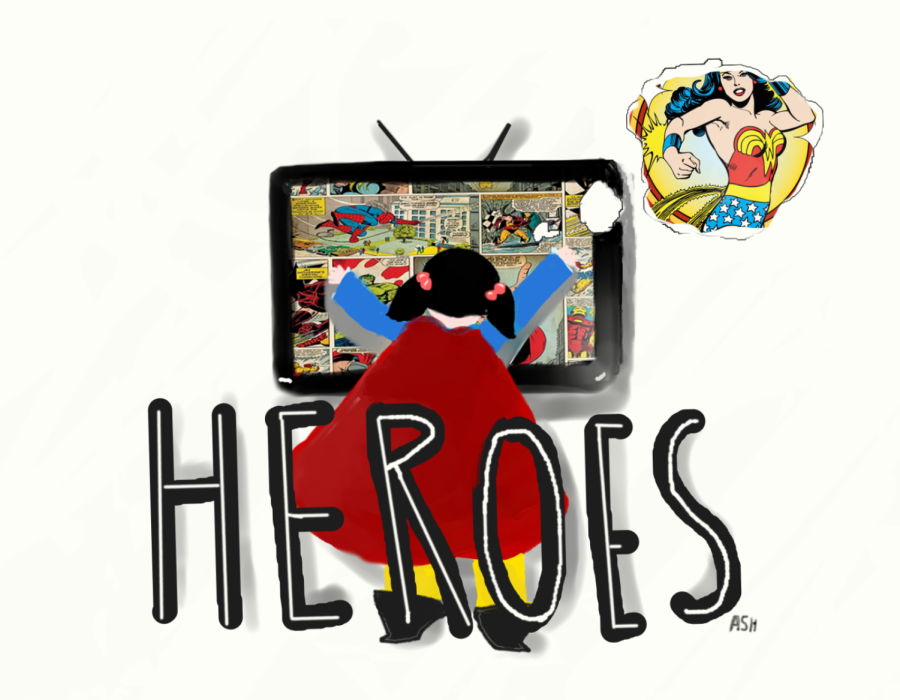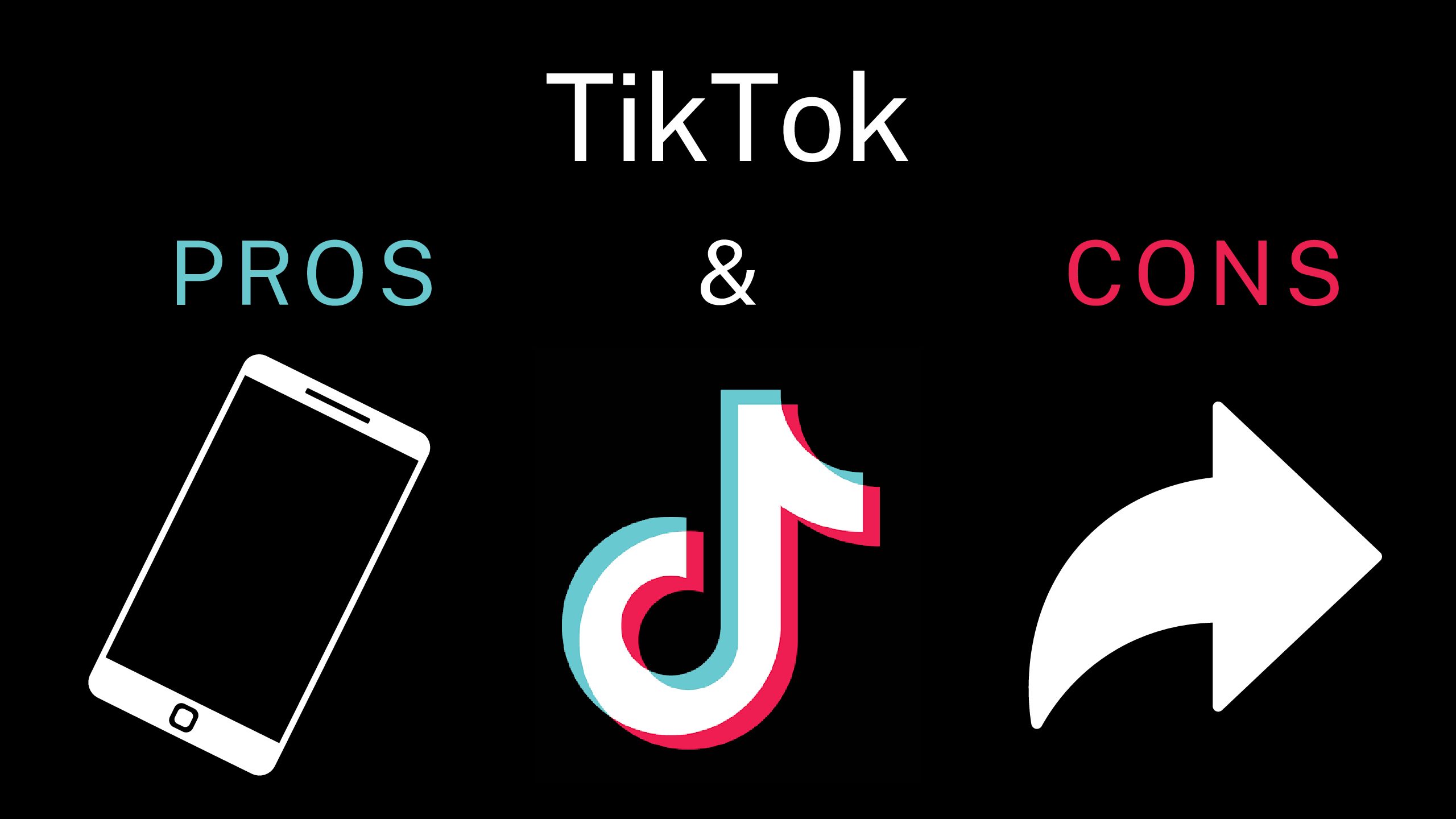What makes a hero?
The definition of “hero” has changed over the years. Everyone and anyone can be a hero.
December 24, 2020
What makes a hero?
“Hero.”
You hear that term everywhere now. It’s become very common on the news, in the media, in movies, stories, etc. Everyone just can’t seem to get enough of the four letters that represent bravery and courage – and I’ve got to admit I was one of them.
When I was little, I was one of those starry-eyed kids, dreaming of having magical powers and fighting supervillains, as I saw on TV.
But as I grew older, I was disappointed to know that the illustrious superheroes who fought crime on the daily and performed supernatural feats only existed on my television screen – and my hopes of being a strong, badass superhero were temporarily dashed.
But that got me thinking… are there heroes who don’t need magic?
Everyone has millions of definitions and variations when presented with the topic of heroism. Some will imagine icons such as Superman, or Wonderwoman, with super strength and the power to fly. Others think of a selfless figure, jumping in fearlessly when danger arises. But others will simply imagine a normal person, who happens to have a big heart and is brave enough to combat adversity.
The dictionary defines “hero” as “a person who is admired or idealized for courage, outstanding achievements, or noble qualities.” The definition of “a hero” has changed over the years, people arguing about if a hero must risk their life selflessly or very simply just be courageous.
But everyone has varying opinions on the matter. Some people, such as Robert Evans Wilson Jr. from Psychology Today, have begun to get fed up with how overused the word “hero” has become. He states in his article called Is Everyone a Hero Now? that lately, the meaning of the word has been watered down until it seems like everyone is a hero, the word now little more than a participation trophy. He believes that the person has to have risked his or her life to be crowned with the title of hero – and thinks that heroes must do more than perform courageous tasks but must risk or sacrifice their life for their noble cause.
Others disagree, exclaiming that “Heroes are just ordinary people who do extraordinary things.” in a video by Kid President (Heroes Are Just Ordinary People Who Do Extraordinary Things). They believe that heroes can be regular people like you and me- and as close as your parents and teachers, and for doing as little as taking the time of day to sit with someone or overcoming a hard goal. But is it really as clear as day who is a hero, and who isn’t? Is there such a specific guideline to what heroism is?
In an article by Fortune titled Top 10 heroes of the Coronavirus Pandemic, Fortune goes over their top picks of the Heroes throughout this pandemic (like the name assumes). They include Li Wenlong – a man who I believe is truly a hero. Dr. Li was a Chinese ophthalmologist (pronounced aaf·thuh·mal·luh·just) in Wuhan Central Hospital in China, who recently succumbed to the novel coronavirus.
He was one of the first people to notice the coronavirus symptoms in China, but received severe backlash for “making false statements that disturbed the public order,” but continued to be a whistleblower and raise awareness – even to his death.
He was truly admirable to the end, continuing to spread information on COVID even after facing punishment for “allegedly spreading false information.”
But I do not believe a hero must die, or sacrifice themselves to earn the glorious title of hero. Right now, the very prominent modern heroes currently are medical personnel, as we’re amid a pandemic. The brave workers fighting for hours and hours on end on the frontlines, battling COVID. Proven by articles and lengthy writing by CNN (The world’s new heroes are medical workers), PennMedicine (Health Care Heroes), JamaNetwork (Health Care Heroes), US news, (Health Care Workers Are Heroes), and the majority of the internet– everyone seems to synonymously agree that these health care workers are heroes.
And it’s very rightfully deserved, too. CNN even goes as far as to say that instead of saluting a returned service member, instead, stadiums will salute the new heroes of the time- health care workers. Stating that the people hurrying into the ICU every day may turn out to be 2020’s equivalent of the firefighters and police who rushed into the burning towers of the World Trade Center on September 11, 2001.
When I was a little kid, I remember idolizing and looking up to my parents, as well as my cherished cartoon superheroes – as most children do at such a young age. They were the heroes in my mind, my role models. The people I looked up to the most.
So the question remains: What is a hero? Are they a powerful soul who fearlessly jumps at danger? Or are they an average, everyday human who overcomes challenges?
Well, my answer to this controversial question is both – and all! Both answers are acceptable, showing different forms of heroes. But, of course, there’s no strict formula to heroism.
A hero does not need to sacrifice their life or save a crying baby from a burning building to be considered a hero – although those are fine examples of heroism. Would you say that the Emergency Dispatchers are not heroes, just because they weren’t risking their lives with the firefighters in the front line?
After taking into consideration all the things I’ve learned about what people’s opinions on heroism are, and what they believe heroism is, I’ve created my own definition of a HERO.
I believe a hero is being a role model. Heroes can be anywhere, from your parents working a 9 to 5 to raise you, from the teachers at your schools; they are all considered heroes in my eyes. Heroes need to pave a positive path – setting an example to do what’s right. If someone asked me if the superhero personas portrayed on TV were heroes, I’d respond with a yes. Because they fight bad guys and do what’s right, and are a role model.
If someone again asked me if I thought a normal person could be a hero, I’d also say yes. But of course, because a normal person can be a hero, doesn’t mean they necessarily are a hero. A hero is a well-earned title, and to earn it, they must be courageous and strong, trying their best and setting a good example. Although, you may find that heroism comes in all forms, shapes, and sizes.
I also don’t believe that being a hero doesn’t mean being invincible, bottling up your emotions, and never being scared. Not being scared is a little idiotic, really, because it’s a basic survival instinct. And no one has zero weaknesses. Heroes do not have to be reckless, hot-blooded, or run to the first face of danger as they’re portrayed in the media.
Being a hero means what you do when you’re scared, faced with seemingly hopeless or very difficult situations.
In a dangerous situation, will you run away and call for help, or will you be the one to stay and fight? Doing either of these things will, in my eyes, make you a hero. Trying your very hardest to push through tough times, and do what you can.
A hero doesn’t always have the answer to the problem, but they will show courage when faced with it, and always try and fix it – although sometimes the hero will have to have outside help, or admit that the issue is too big for them alone to solve. And that’s okay.
A quote I quite like about the topic of heroism is “A hero is no braver than an ordinary man, but he is brave five minutes longer.” — Ralph Waldo Emerson
I think this is very true. Everyone – and anyone can be a hero! They just need to reach out and pave that final step. Of course, they will need to be brave and courageous, setting an example. It doesn’t even need to be other’s issues– even overcoming a big matter for themselves can be heroic and inspiring.
And so, this is why I believe that heroes can be anyone, from the people you see on an everyday basis, to the people you see on TV, saving lives.
Even you can be a hero.
So next time you see a little kid running around, wearing a cape and dreaming of becoming a hero – know that her dreams may not be as far away as they seem.







